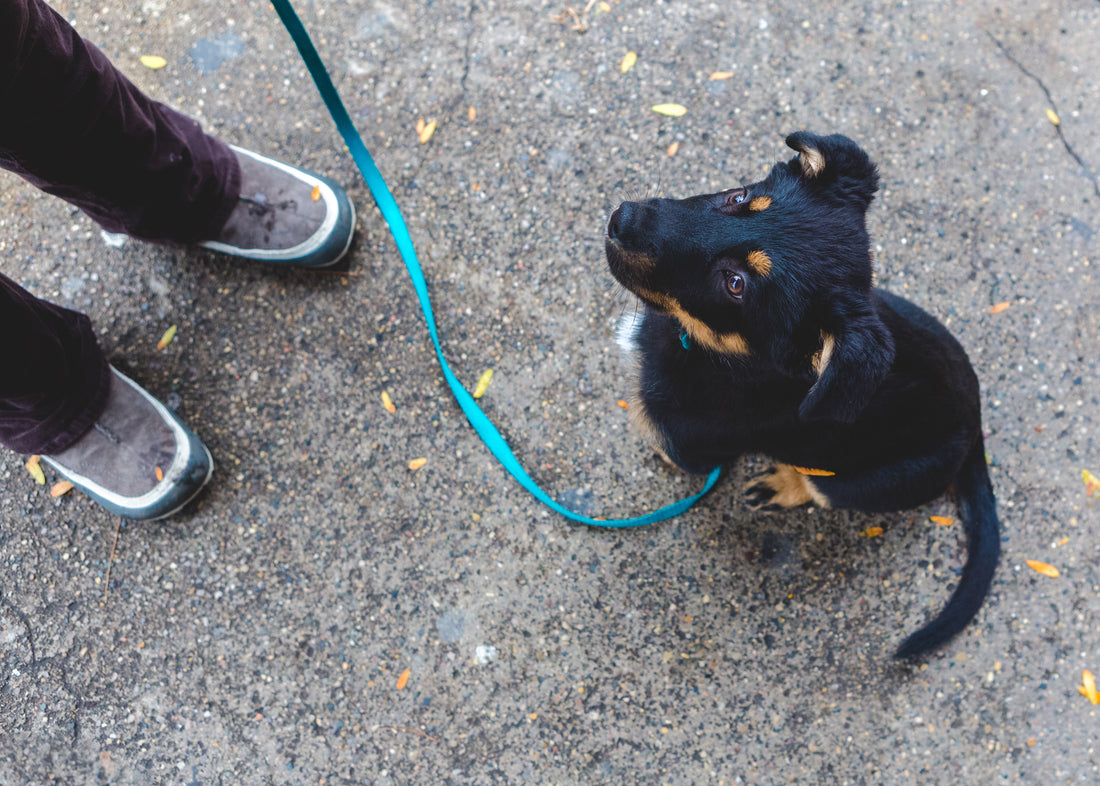Bringing home a new puppy is an exciting and rewarding experience. However, to ensure a lifetime of happiness and harmony with your furry friend, it's crucial to establish a solid training foundation from the start. In this blog post, we'll provide you with essential tips and techniques to help you navigate the world of puppy training successfully.
1. Start with Socialization:
Early socialization is vital for puppies to develop into well-adjusted and confident adult dogs. Introduce your puppy to various people, animals, environments, sights, and sounds. Organize supervised playdates, visit parks, and expose them to different stimuli gradually. Positive experiences during this critical period will shape their behavior and help prevent future anxieties.
2. Establish a Routine:
Puppies thrive on routine, as it provides structure and helps them understand expectations. Establish a consistent schedule for meals, potty breaks, playtime, and training sessions. Dogs are creatures of habit, and a predictable routine will make it easier for them to learn and adapt to their new environment.
3. Housebreaking Made Easy:
Toilet training is a top priority when bringing a puppy home. Set up a designated potty area outside and use positive reinforcement techniques, such as rewards and praise, when your puppy eliminates in the right spot. Be patient and consistent, and remember that accidents are part of the learning process. Avoid punishment, as it can create fear or confusion.
4. Basic Obedience Commands:
Teaching basic commands like sit, stay, come, and lie down will establish the foundation for your puppy's obedience training. Use positive reinforcement methods, such as treats, toys, and verbal praise, to reward desired behaviors. Keep training sessions short, fun, and consistent. Gradually increase the level of difficulty as your puppy becomes more proficient.
5. Proper Leash Training:
Walking on a leash is an essential skill for your puppy's safety and your peace of mind. Introduce the leash gradually, allowing your puppy to get used to the feeling of wearing it. Start with short, controlled walks in a low-distraction environment and gradually expose them to busier areas. Reward your puppy for walking calmly by your side and discourage pulling with gentle redirection.
6. Addressing Puppy Biting and Chewing:
Puppies explore the world through their mouths, which often leads to biting and chewing behaviors. Provide appropriate chew toys and redirect their attention when they attempt to chew on inappropriate items. Teach bite inhibition by withdrawing attention or ending playtime when your puppy bites too hard. Consistency and positive reinforcement will help them understand appropriate boundaries.
7. Encourage Positive Social Interactions:
Expose your puppy to a variety of people, dogs, and animals to foster positive social interactions. Organize puppy playdates, enroll in puppy socialization classes, or join local dog groups. Encourage gentle play and monitor interactions to ensure they remain positive and safe. Early socialization will help prevent fear, aggression, or anxiety issues later in life.
Training your puppy is a rewarding journey that requires patience, consistency, and positive reinforcement. By focusing on socialization, establishing routines, and teaching basic commands, you'll lay a solid foundation for your puppy's growth and development. Remember, training is an ongoing process, and investing time and effort early on will lead to a well-behaved and happy companion for years to come.

